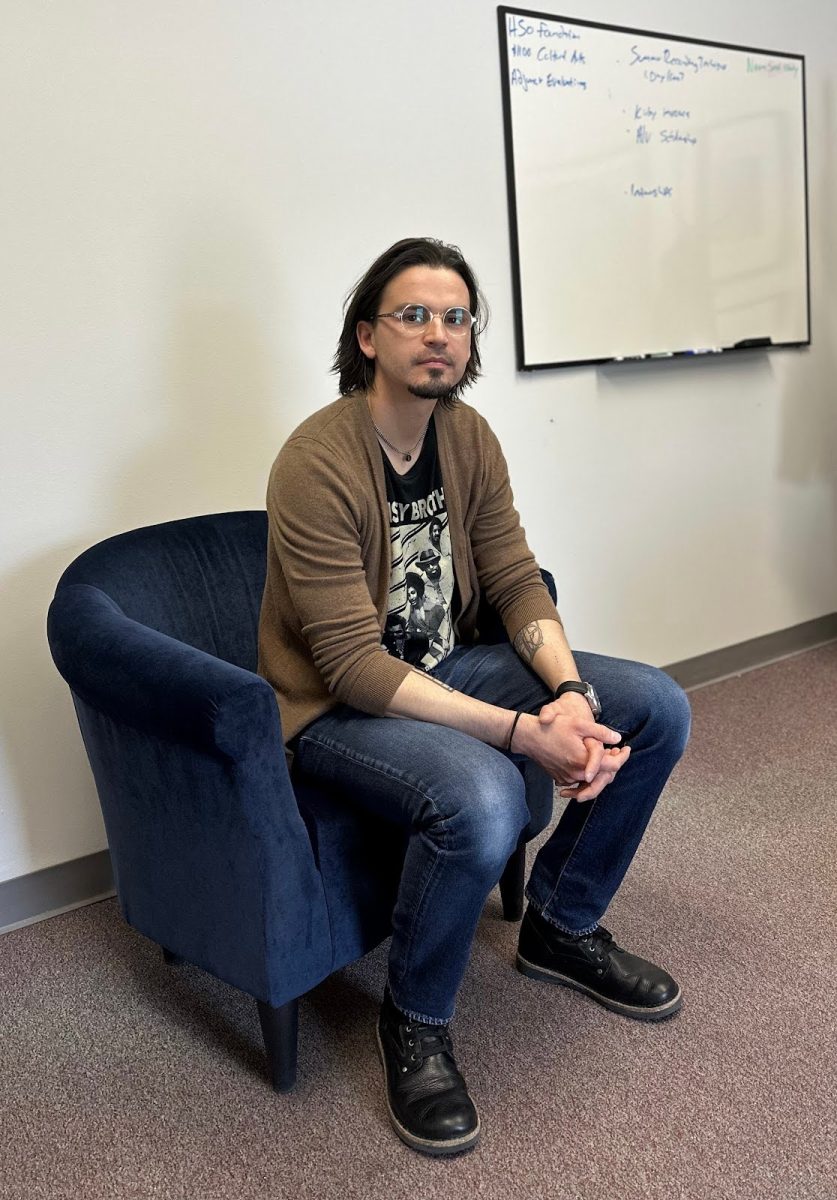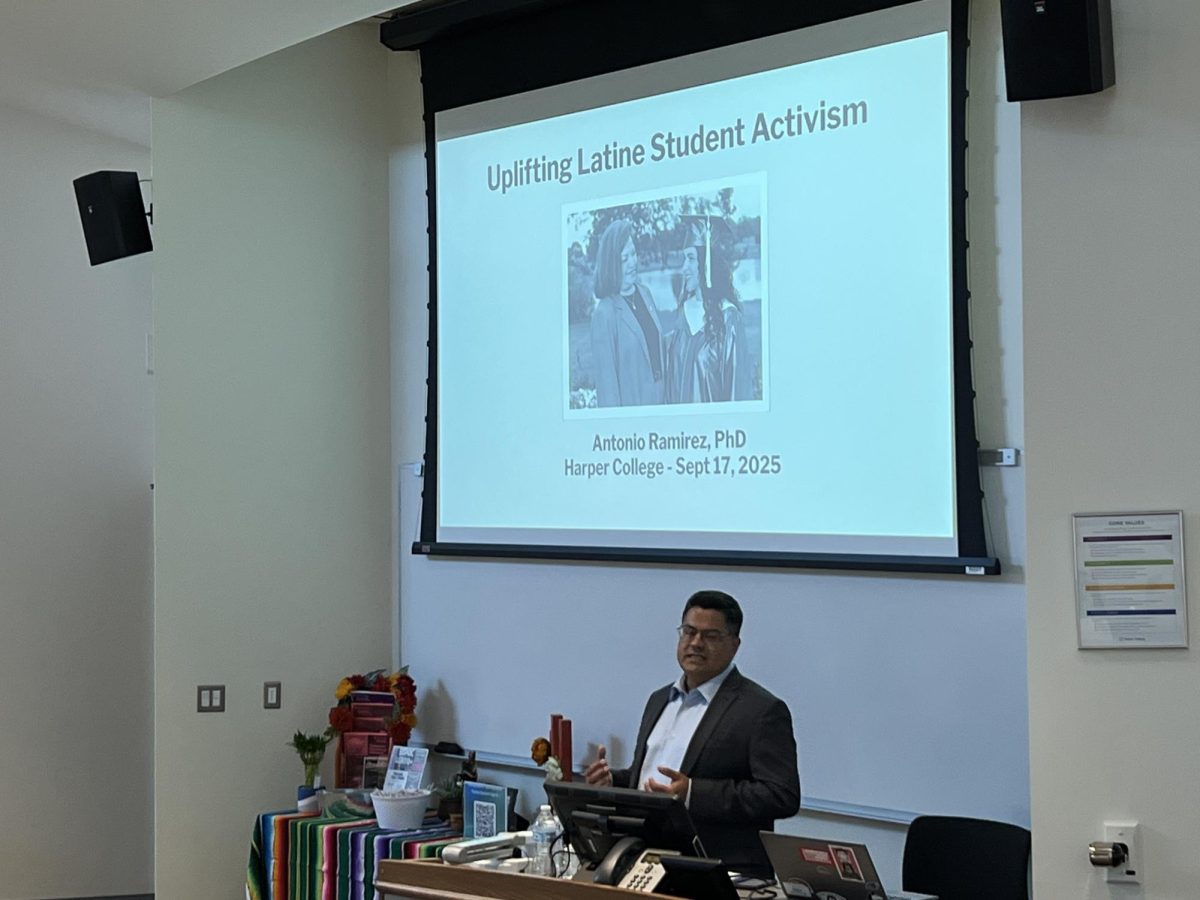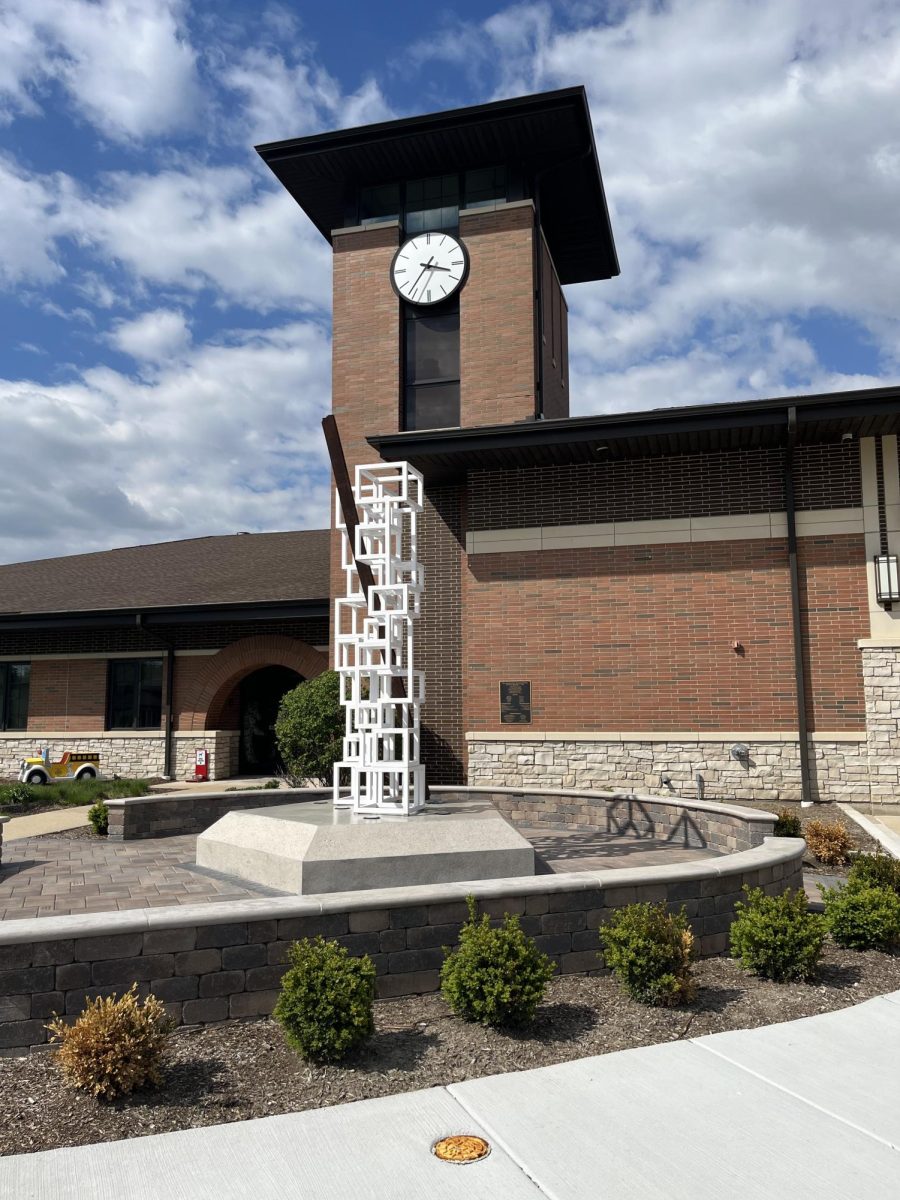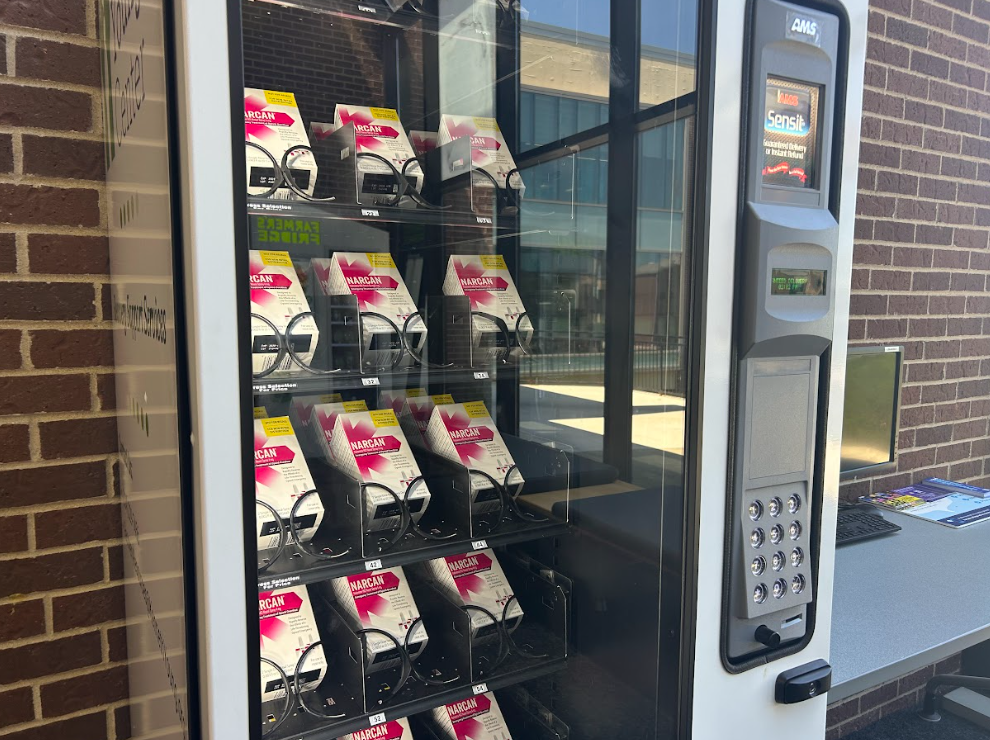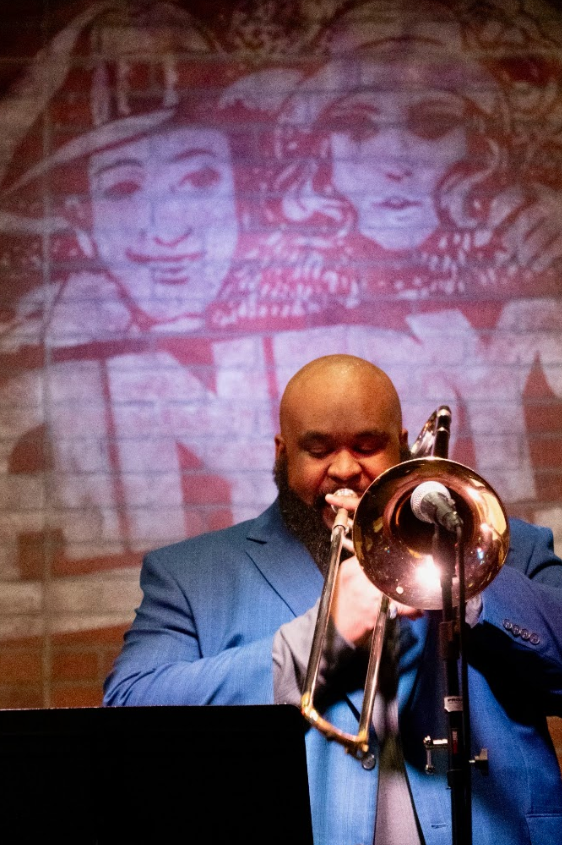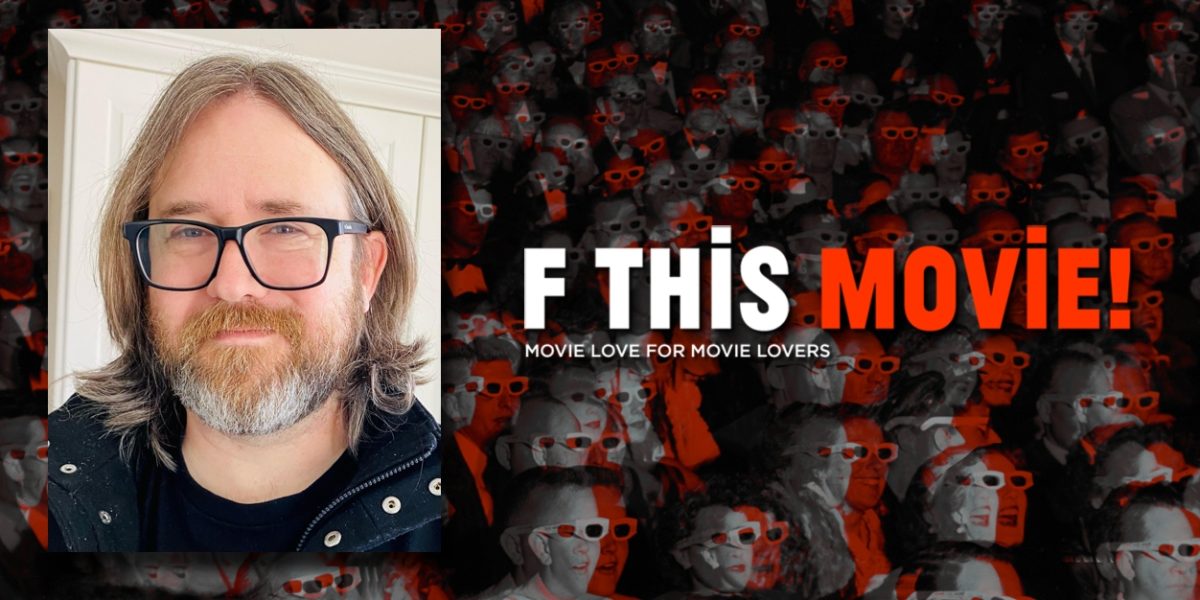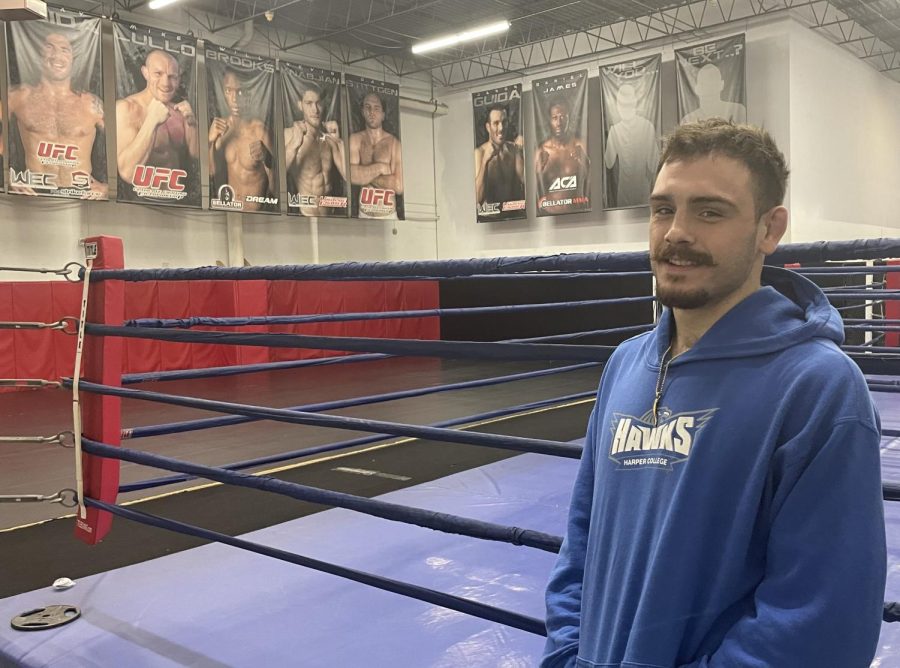As an instructor and chair of the music department at Harper College, Edward Hamel has made a career out of helping students discover their passions in the fields of music and audio engineering. For Hamel, this passion had been firmly manifested by the time he started his first band in middle school.
“In terms of music, my interests began with my brother,” Hamel said. “I have an older brother who’s seven years older. He was in a band with just kids in the neighborhood and he was a guitar player at the time.”
Wanting to follow in his brother’s footsteps, Hamel was gifted a guitar on his eighth birthday, and was fortunate enough to be able to take lessons for the next six years. Even early on, he always felt as if it was something he could get better at.
Once he grew older, he met people that were interested in metal and classic rock and began to perform in shows as early on as when he was a teenager. Once he graduated from Glenbard North High School, he began working to not only attain a degree in music composition at University of California San Diego and Columbia College Chicago but also to study the more technical aspects of audio recording and engineering. All the while, he continued to find further inspiration wherever he could.
“Some of [my inspiration] comes from other music, other songwriters or composers. I also get a lot of inspiration from visual art,” Hamel said. “It was like a big sort of motivation and a point of reference for me when it came to composition – being able to visually see artists’ approach to aesthetic. It just helped me formalize my own aesthetic and taste in my own music.”
Although he was inspired by visual artists such as Marcel Duchamp and Mark Rothko, his formal education in music compositions went a long way in honing aspects of his craft, such as composing and arranging orchestration theory. But he feels that it was this incorporation of abstract and expressionist art that gave him the ability to make his music truly his own, and led him to include harsh and dark musical tones in his work.
Through the years, Hamel has maintained a solo project called ONLY, which consists largely of his own recordings but occasionally features contributions from other artists such as Leah Asher.
Though ONLY was his main focus for a long time, it hasn’t been as active as it was in recent years. He thinks it’s hard to keep that project going but at that time he was doing contemporary and composition and it was the reason why it was created. He explains that ONLY is a great way for him to explore composition on his own terms, but not every artist can exist in a vacuum.
“I’ve been fortunate to have friends that have owned studios, audio companies. Whether [they are] designing and creating gear, and then just being able to spend time in studios where I can try things out and learn how to use a console or microphone or that type of thing,” Hamel said. “Outside of the academic stuff, [my growth as a musician] has just been a lot of kind of community-based learning of just friends and people that I’ve met.”
Another current project of Hamel’s is End It All, which is a metal band that started three years ago. It’s more active than ONLY and it has been his first opportunity to play the drums in a live band, whereas he usually plays guitars or sings. He expressed how the band is a good way to express things through a more aggressive way and also be able to touch on larger topics – in addition, End It All has a new album in the works.
Although he’s had a whole lot of projects, his personal favorite has been his record label, SCRIPTS Records. SCRIPTS began when Hamel and his friend David Paha both had the idea of creating a label while they were living in Los Angeles in 2015. Their main motivation behind SCRIPTS was to create a label that would promote and archive the sorts of music they were both into, whether or not they thought they were going to sell mass quantities of records – however, it was simply too expensive to pull off for them at that time. Luckily, Hamel ended up moving to Nashville where he had better access to studios and enough resources to get SCRIPTS off the ground. Their first two releases – ONLY’s debut album Potential Language and Kill Your Temple – Kill Your Design from Paha’s project Fiction Wisdom – were their own creations, but before long SCRIPTS began to publish from artists that were personal friends or acts within the same musical social circles, like Cinchel + Akosuenn, Holy Family, Jonathan Hannau and more.
While they haven’t released anything in two years, Hamel considers the overall project as an accomplishment. It was a lot of investment from both of them financially but gave the opportunity for them to support artists and their music and meet new people and host events. It was how he got into mastering as well, which he initially tried simply because the label needed someone to do it and he eventually stuck with it.
Due to all of this experience, he had an event at Harper called “Audio Production Overview; Making an Album” recently to give students a general layout of how to make an album: not only from a financial standpoint, but also the technical processes required and what kind of challenges they should expect each step of the way before they get to where they want to be. He wanted students to hear the difference between a recording, a mix and a master, and help them realize how much time and attention to detail is required in the whole album-making process.
The advice he had to offer in terms of audio was that someone could have a multimillion dollar studio, but if they don’t have the artists to record a multimillion dollar album, they aren’t going to get anywhere — so, the most productive thing anyone with a creative vision could do is to find a community and/or build a community and meet people, whether that be through going to shows or trying your hand at open mics.


